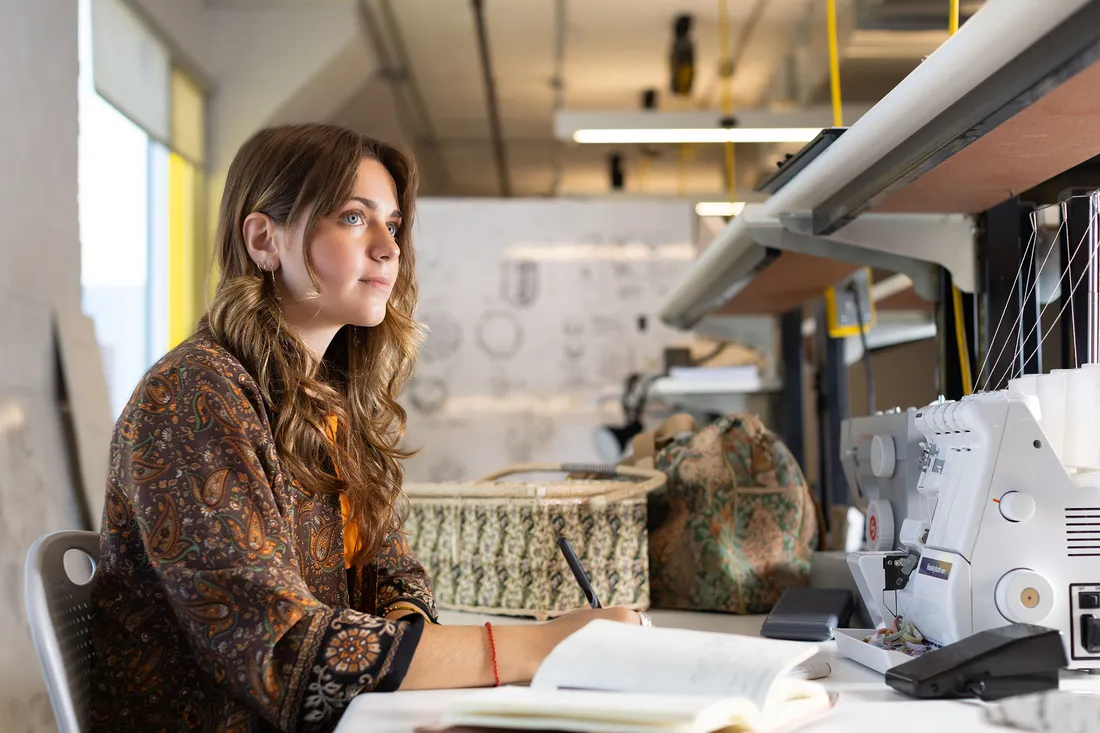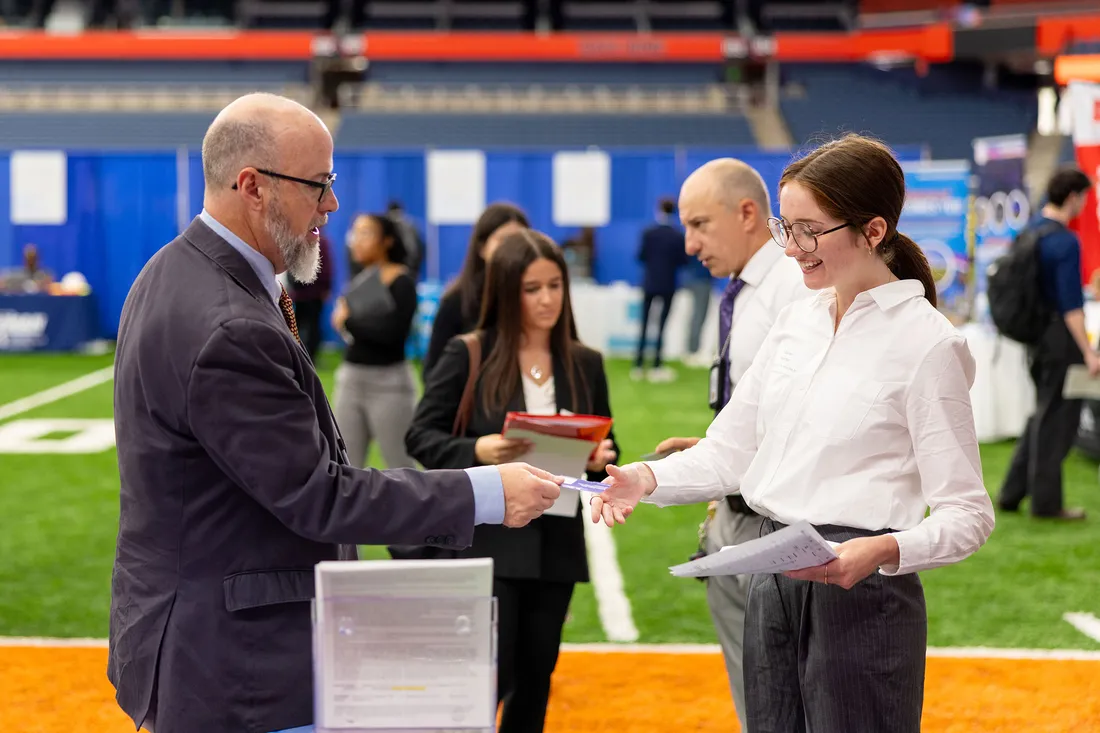Four out of five college students switch majors at least once. At Syracuse University, such change is a normal part of growth. Proof that life rarely follows a straight line.
Take senior John Markarian. He was originally destined for a career in economics until the combination of creativity and data analytics inspired him to change majors.
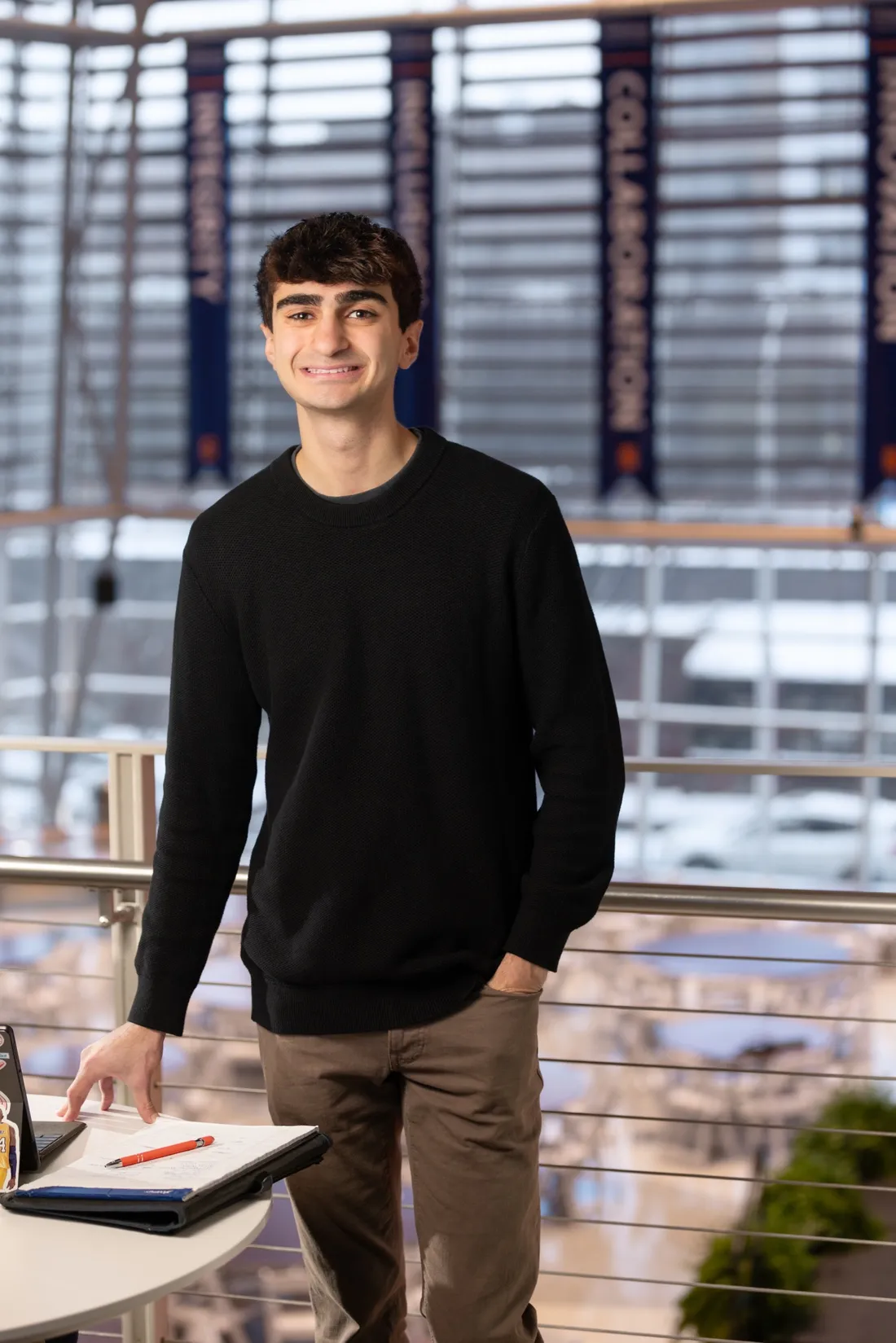
Originally an economics major, John Markarian ’26 is pursuing a bachelor’s degree in marketing management. “I’m most comfortable taking business classes,” he says.
Today, he’s a standout in the marketing management program in the Martin J. Whitman School of Management. “Even though I still study economics, I’m most comfortable taking business classes, especially those in marketing, which is something I’ve been passionate about my whole life,” he says.
As students prepare for a rapidly changing world, sticking with a single major is arguably less important than developing a broad set of skills and experiences.
Besides, life happens. Studies show that selecting a major is driven by various factors, like changing career trends and newfound personal interests.
In Markarian’s case, the seeds of change were planted years earlier. Growing up outside of Manhattan, he noticed how brands used different formats, like social media and digital billboards, to connect with consumers.
“As an athlete and a big sports fan, I’ve always liked sports marketing campaigns,” says Markarian, citing examples like NBA Christmas Day, Nike’s “Just Do It” and State Farm Insurance’s commercials with NBA All-Star Chris Paul. “My mother, who worked in marketing and retail, also was a big influence on me.”
At Syracuse, Markarian is continually refining his education, thanks, in part, to a rich and varied ecosystem and a small student-teacher ratio.
“My peers are some of my greatest resources,” he says. “We keep one another in check.”
Playing the Long Game

Xander Mass ’27 is a triple major in international relations, history and advertising.
Jessica Guignard, a Whitman School academic advisor, sees students change majors at different points in their career.
“Many switch before their junior year,” she observes. “Sometimes it happens later, depending on their study abroad schedule or the number of major courses they’ve taken in the fall of their junior year.”
Also a First Year Seminar (FYS 101) instructor, Guignard notes that while a junior-year major change is possible, it often comes with additional planning. “Regardless, students should align their passion with their career path.”

“My degree programs let me exercise both sides [of my brain],” says Mass, who’s switched majors multiple times.
For this reason, Matt Yager, manager of student records in the College of Engineering and Computer Science, encourages students to play the long game—to acquire skills and experiences that support a career over a degree. “It’s OK to be undecided for a while,” he says.
It’s also OK to declare early, especially if a highly sequential degree program is on the line. “This way, you can progress and complete your necessary prerequisites on schedule,” he says.
Junior Xander Mass changed his major weeks into his first semester and again a few months later. Now he’s a triple major: international relations and history in the Maxwell School of Citizenship and Public Affairs and advertising in the S.I. Newhouse School of Public Communications.
“It’s awesome to have flexibility because I’m very left- and right-brained,” Mass says. “My degree programs let me exercise both sides.”
Ready to Pivot
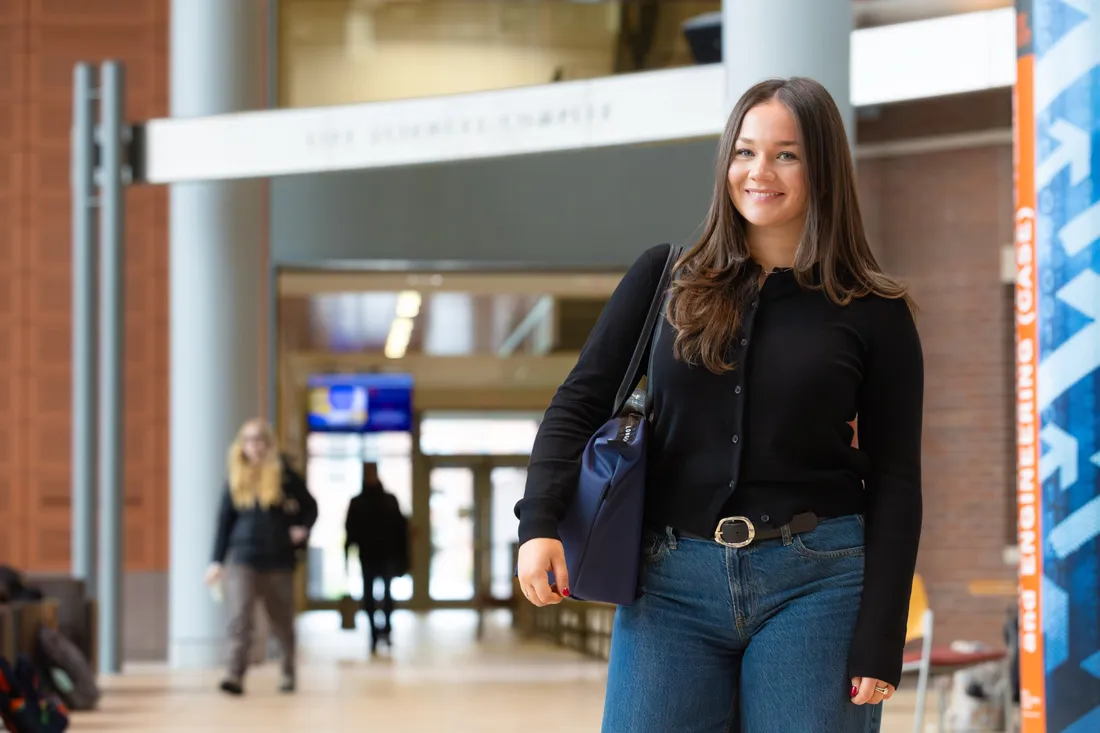
Isabelle Epelbaum ’27 is an aspiring med school student who works for Syracuse University Ambulance.
The main reason students change majors, Guignard explains, is because they discover an “unexpected passion” in their early core classes. “As a result, they decide to double major or add a minor from another school or college,” she says.
Sometimes, a student develops a connection with an influential peer or professor.
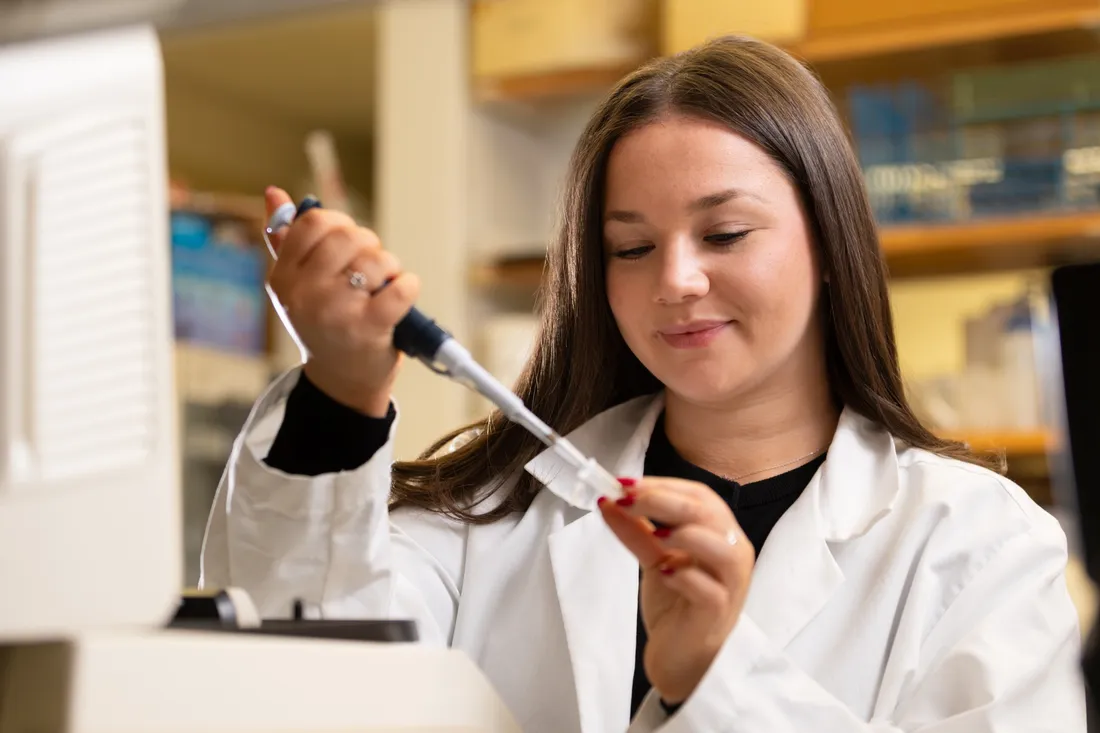
Epelbaum credits a “big-sister figure” for persuading her to switch from biochemistry to biotechnology. She initially majored in biology.
Mass credits Rebecca Ortiz, the Newhouse Endowed Chair of Public Communications, for “selling” him on advertising.
Junior Isabelle Epelbaum was inspired by a “big-sister figure,” who persuaded her to switch from biochemistry to biotechnology. “She also encouraged me to meet the [biotechnology] program’s executive director,” recalls Epelbaum, originally a biology major. “He helped me see the differences among the three programs.”
That all three degrees are offered by the College of Arts and Sciences and have similar prerequisites have made the changing process “easy,” says Epelbaum, an aspiring med school student who works for Syracuse University Ambulance.
Despite the rise of artificial intelligence and tech roles, the need for human-centric skills, like critical thinking, creative problem solving and effective communication, is more important than ever.
Nimbleness is also paramount as many students prepare for jobs that don’t yet exist.
“Flexibility is the key to success,” Markarian says. “As someone entering the job market soon, I must be ready to pivot.” One of many skills he’s gleaned from his Orange experience.


